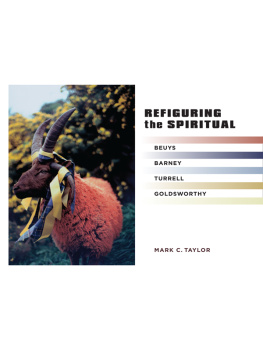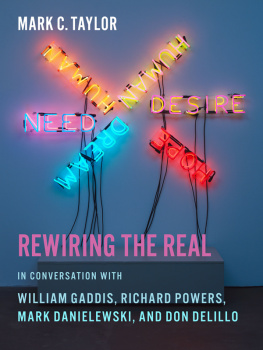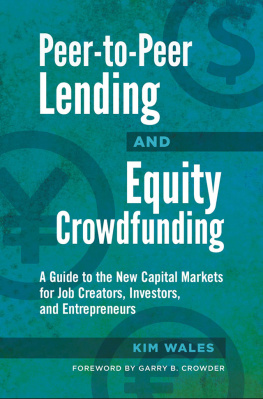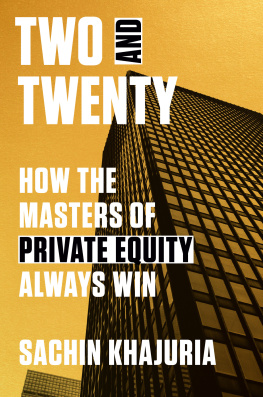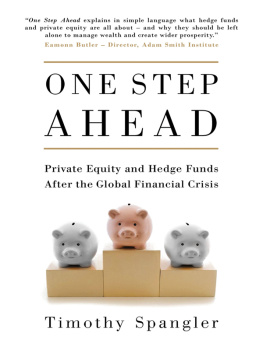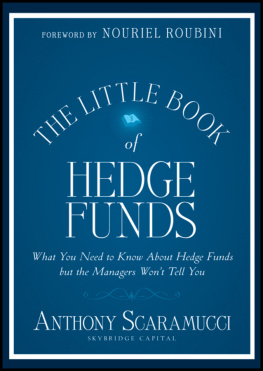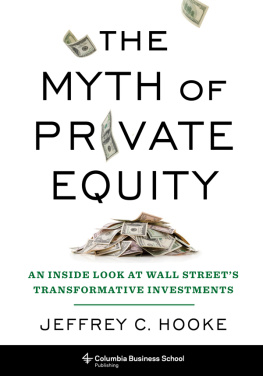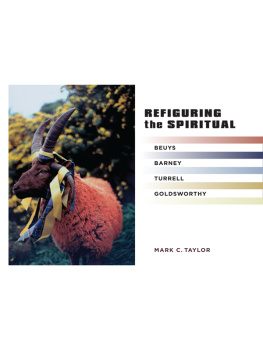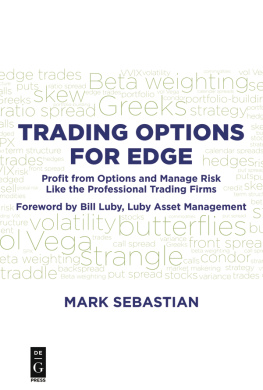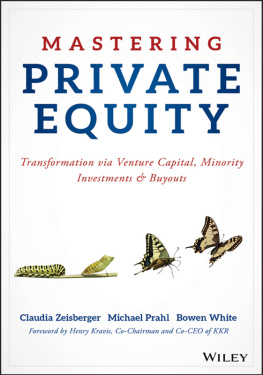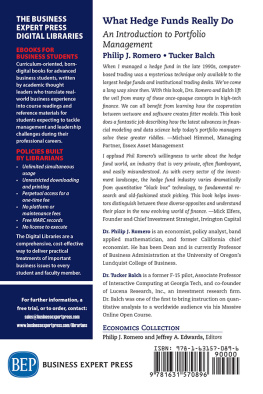REFIGURING the SPIRITUAL
RELIGION, CULTURE, AND PUBLIC LIFE
RELIGION, CULTURE, AND PUBLIC LIFE
SERIES EDITORS: MARK C. TAYLOR AND ALFRED STEPAN
The resurgence of religion calls for careful analysis and constructive criticism of new forms of intolerance, as well as new approaches to tolerance, respect, mutual understanding, and accommodation. To promote serious scholarship and informed debate, the Institute for Religion, Culture, and Public Life and Columbia University Press are sponsoring a book series devoted to the investigation of the role of religion in society and culture today. This series includes works by scholars in religious studies, political science, history, cultural anthropology, economics, social psychology, and other allied fields whose work sustains multidisciplinary and comparative, as well as transnational, analyses of historical and contemporary issues. The series focuses on issues related to questions of difference, identity, and practice within local, national, and international contexts. Special attention is given to the ways in which religious traditions encourage conflict, violence, and intolerance and also support human rights, ecumenical values, and mutual understanding. By mediating alternative methodologies and different religious, social, and cultural traditions, books published in this series will open channels of communication that facilitate critical analysis.
:::
After Pluralism: Reimagining Religious Engagement, edited by Courtney Bender and Pamela E. Klassen
Religion and International Relations Theory, edited by Jack Snyder
Religion in America: A Political History, Denis Lacorne
Democracy, Islam, and Secularism in Turkey, edited by Ahmet T. Kuru and Alfred Stepan

Columbia University Press
Publishers Since 1893
New York Chichester, West Sussex
cup.columbia.edu
Copyright 2012 Columbia University Press
All rights reserved
E-ISBN 978-0-231-52777-4
Library of Congress Cataloging-in-Publication Data
Taylor, Mark C., 1945
Refiguring the spiritual : Beuys, Barney, Turrell, Goldsworthy / Mark C. Taylor.
p. cm.(Religion, culture, and public life)
Includes bibliographical references (p. ) and index.
ISBN 978-0-231-15766-7 (cloth : alk. paper)ISBN 978-0-231-52777-4 (ebook)
1. Aesthetics. 2. ArtPhilosophy. 3. Art and religion. 4. Beuys. Joseph. I. Title.
BH39.T397 2012
701'.17dc23
2011041750
A Columbia University Press E-book.
CUP would be pleased to hear about your reading experience with this e-book at .
Designed by Lisa Hamm
References to Internet websites (URLs) were accurate at the time of writing. Neither the author nor Columbia University Press is responsible for URLs that may have expired or changed since the manuscript was prepared.
For one yet unnamed
PLATES
F or more than a century, widely held assumptions about religion and modernity have led to a failure to recognize the important relationship between spirituality and the visual arts. Many social analysts and cultural critics have long argued that modernization and secularization go hand in handas societies modernize, the story goes, they become more secular. Moreover, this process was supposed to be inevitable and irreversible. Recent developments, however, make it clear that this narrative is seriously mistaken. There has been a global resurgence of conservative religion throughout the world that all too often has resulted in growing intolerance and even violence. This unexpected turn of events has led to an understandable reaction against religion in all of its manifestations.
But something else is also going on as well. Although traditional forms of religious belief and practice have been subjected to trenchant criticisms, alternative forms of spirituality are thriving. Many people who are committed to no organized religion willingly identify themselves as spiritual. In some cases this spirituality involves a return to overlooked or repressed Newman, Reinhardt, and Kieferis designed to assist in ushering in this epoch of great spirituality.
The artists considered in this book continue this tradition. Their work differs in many ways, but they share a vision of art as a transformative practice that draws inspiration directly and indirectly from ancient and modern, as well as Eastern and Western, forms of spirituality. In a world torn by religious intolerance, where money never sleeps, the art of Joseph Beuys, Matthew Barney, James Turrell, and Andy Goldsworthy harbors lessons well worth pondering.
This book is published in conjunction with a series of conversations with leading contemporary artists, Refiguring the Spiritual, which was sponsored by the Institute for Religion, Culture, and Public Life and the Visual Arts Program, School of the Arts at Columbia University during 2010 and 2011. Our guests included Richard Tuttle, Laurie Anderson, and Lynda Benglis. Podcasts of these conversations are available at www.ircpl.org.
Neither this book nor the series to which it is related would have been possible without the support of many people. Even in my absence Margaret Weyers, from Williams College, continues to make it possible for me to do what I do. Emily Brennan, assistant director of the Institute for Religion, Culture, and Public Life, oversees our programs and contributes to planning in unusually creative ways. Joseph Blankholm, Chelsea Ebin, and Jacob Quinn have provided invaluable assistance in preparing this book for publication. Michael Govan and Joan Young provided invaluable assistance in securing strands of customary religions; in other cases new syncretistic forms of spiritual belief and practice, which are neither doctrinal nor institutional, have emerged. Religion has never been confined to church, temple, and mosque and has always found expression in areas of culture where it is least expected. Some of the most probing reflection on spiritual questions today can be found in art and literature that initially appear to be thoroughly secular.
This situation is not new. Ever since the beginning of modernism there has been a close, though not always obvious, relationship between spirituality and the visual arts. In their 1911 manifesto Der Blaue Reiter, Wassily Kandinsky and Franz Marc wrote: A great era has begun: the spiritual awakening, in the increasing tendency to regain lost balance, the inevitable necessity of spiritual plantings, the unfolding of the first blossom. We are standing at the threshold of one of the greatest epochs that mankind has ever experienced, the epoch of great spirituality. The work of Marc and Kandinskyas well as others, as different as Klee, Mondrian, Van Gogh, Malevich, permission to reproduce images. James Turrell, Nancy Taylor, and Tom McGarth were generous enough to arrange a visit to Roden Crater. The thoughtful comments of Nancy Spector and Carl Raschke were most helpful in making my final revisions. Gregory Amenoff and his colleagues Emma Balazs and Daisy Nam have been a delight to work with on our series with artists, and I look forward to collaborating on new programs in the future. My codirector, Alfred Stepan, contributes to the institute by offering an unusually diverse range of seminars and presentations. In difficult economic times, Nicholas Dirks, vice president of Columbia University, offers constant support for the work we are doing. James Jordan and Wendy Lochner continue to provide visionary leadership for Columbia University Press at a time when it is needed more than ever before. The activities in the institute would not be possible without the continuing support of Mark Kingdon. Finally, a special word of thanks to Dinny for helping me to make it all happen.
Next page
